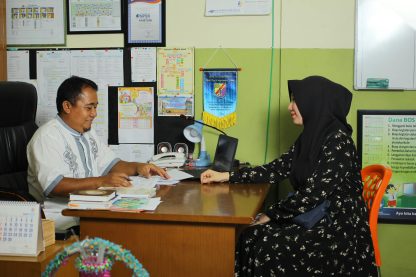Table of Contents
Understanding Infant Care
When it comes to caring for infants, it is essential for babysitters to have a good understanding of their needs. This includes feeding schedules, nap times, and diaper changes. Babysitters should be knowledgeable about safe sleep practices, such as placing infants on their backs to sleep and avoiding loose bedding in the crib. They should also be aware of how to soothe a crying baby and know the signs of common infant ailments, such as colic or a fever.
On-Demand Childcare in Your Neighborhood
Book a Sitter
Managing Toddlers and Preschoolers
Toddlers and preschoolers can be quite challenging to handle, as they are more active and curious than infants. Babysitters should be prepared to engage the children in age-appropriate activities and provide them with a safe environment to play. It is important for babysitters to establish boundaries with this age group while still being nurturing and understanding. They should also be aware of potential hazards in the home, such as small objects that could be choking hazards or furniture that is not anchored securely.
Handling School-Aged Children
School-aged children have their own set of needs and challenges. Babysitters should be able to help with homework assignments and provide supervision during playdates or other activities. It is important for babysitters to communicate effectively with school-aged children and encourage positive behavior. They should also be aware of any allergies or medical conditions that the child may have and know how to respond in case of an emergency.

Dealing with Preteens and Teens
Preteens and teens require a different approach when it comes to babysitting. Babysitters should be able to communicate effectively with this age group and establish a level of trust and respect. It is important for babysitters to set clear expectations and boundaries while still allowing preteens and teens some independence.
Babysitters should be aware of social media use and online safety, as well as be prepared to handle any conflicts that may arise between siblings or friends.
Safety Tips for All Ages
Regardless of the age of the children being babysat, safety should always be a top priority. Babysitters should be trained in basic first aid and CPR, and know how to respond in case of emergencies. They should also be familiar with the layout of the home and know where to find important items such as emergency contact information and fire extinguishers. It is important for babysitters to communicate openly with parents about any concerns or issues that may arise during their time watching the children. By following these age-appropriate guidelines, babysitters can provide the best care possible for the children in their charge.










